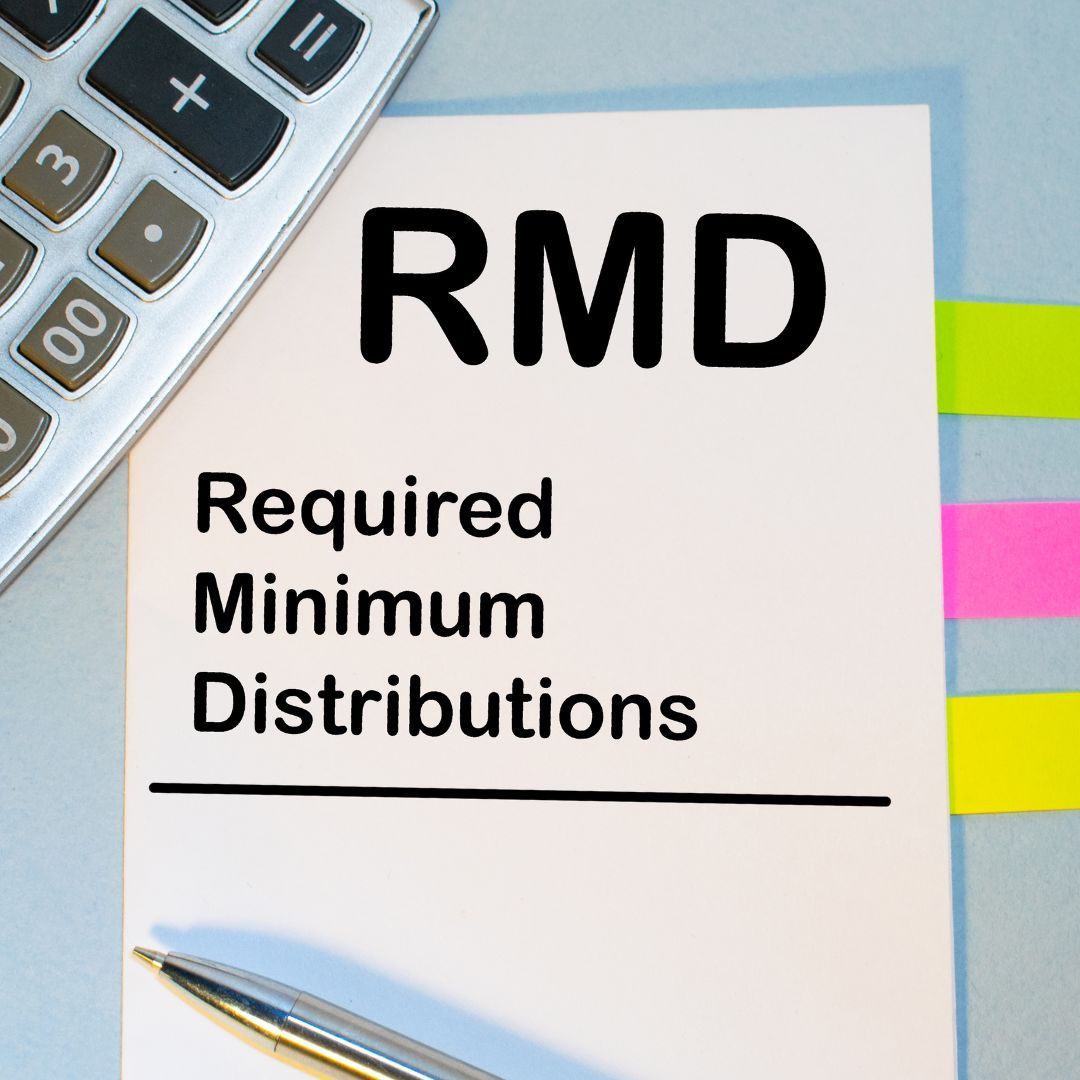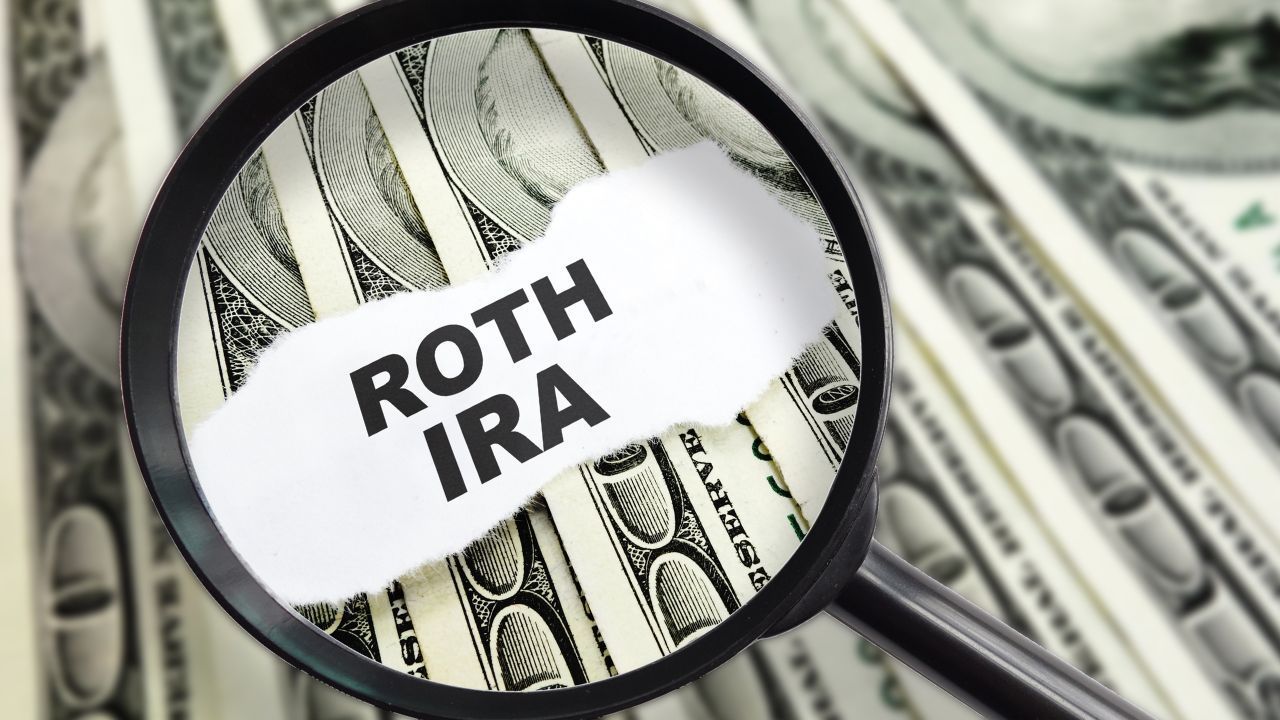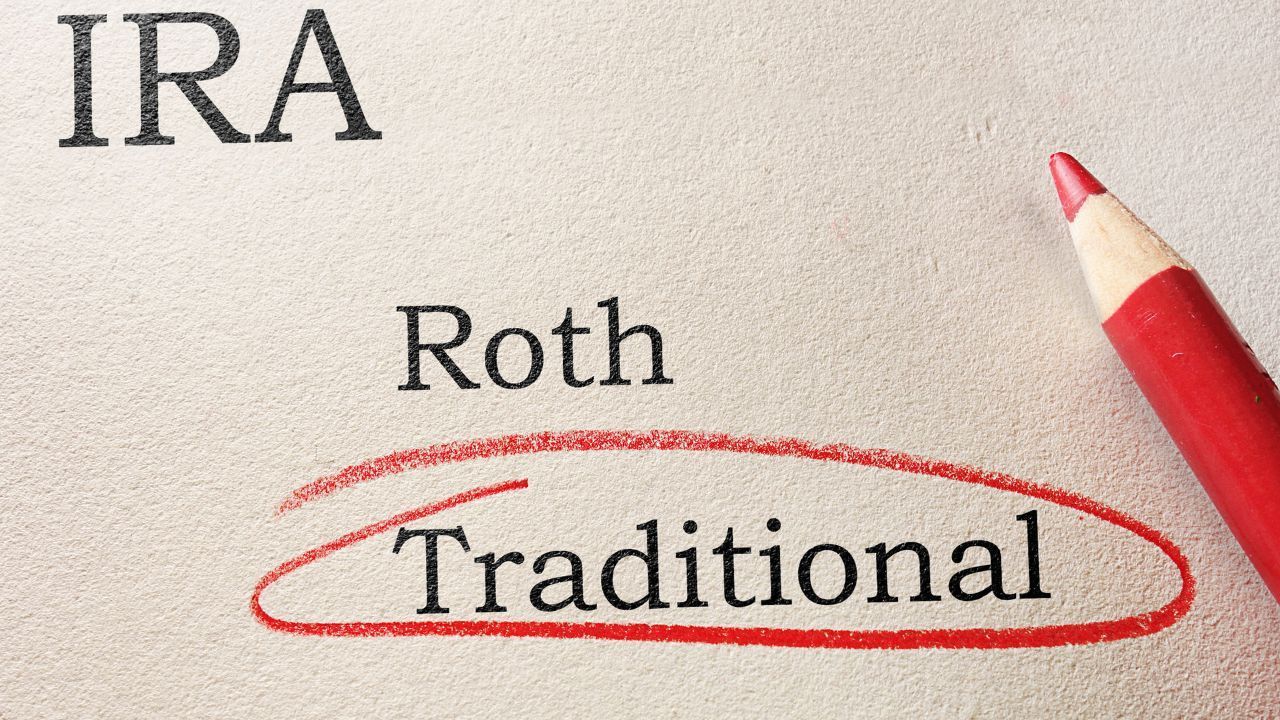What you need to know about 401(K) Plans: A Comprehensive Guide
See How We're Different
or call us: 888-412-7630

By: Vernon Williams | Commercial Agency Advisors & Principal
888-412-7630 | vwilliams@thebrightonfinancial.com
In today's world, planning for retirement has become increasingly important. One way to ensure a secure future is by investing in a 401(K) plan. Whether you're just starting your career or are nearing retirement, understanding the ins and outs of 401(K) plans is crucial. This comprehensive guide will walk you through the basics, how they work, the benefits of participating, and potential risks and downsides. By the end, you'll have the knowledge you need to make informed decisions about your financial future.
Understanding the Basics of 401(K) Plans
Definition of a 401(K) Plan
A 401(K) plan is a retirement savings vehicle offered by employers that allows employees to contribute a portion of their salary on a pre-tax basis. The contributions are invested in various financial instruments such as stocks, bonds, and mutual funds. The money grows tax-free until it is withdrawn during retirement.
Contributing to a 401(K) plan is a smart financial move for several reasons. Firstly, it allows you to save for retirement while taking advantage of pre-tax contributions. This means that the money you contribute is deducted from your taxable income, reducing your overall tax liability. Additionally, the investments within a 401(K) plan have the potential to grow over time, thanks to the power of compounding. By starting early and consistently contributing to your 401(K), you can build a substantial nest egg for your retirement years.
Furthermore, 401(K) plans often come with the added benefit of employer matching contributions. This means that for every dollar you contribute, your employer may match a certain percentage, effectively doubling your savings. Employer matching is essentially free money that can significantly boost the growth of your retirement savings.
The Importance of a 401(K) Plan
401(K) plans are designed to provide employees with a source of income during their retirement years. With the uncertain future of Social Security, having a solid retirement plan in place is more important than ever. By contributing to a 401(K) plan, you are taking control of your financial future and ensuring a comfortable retirement.
One of the key advantages of a 401(K) plan is its flexibility. Unlike traditional pension plans, which provide a fixed monthly benefit, a 401(K) plan allows you to determine how much you contribute and how your funds are invested. This gives you the freedom to adjust your savings strategy based on your individual financial goals and risk tolerance.
Another benefit of a 401(K) plan is its portability. If you change jobs, you can typically roll over your 401(K) funds into an Individual Retirement Account (IRA) or your new employer's retirement plan. This ensures that you can continue to grow your retirement savings without any disruption.
Different Types of 401(K) Plans
There are several types of 401(K) plans available, including traditional 401(K) plans, safe harbor 401(K) plans, and Roth 401(K) plans. Traditional 401(K) plans allow for pre-tax contributions, while Roth 401(K) plans are funded with after-tax dollars. Safe harbor 401(K) plans offer certain advantages to both employers and employees, such as avoiding annual compliance testing.
Traditional 401(K) plans are the most common type and allow employees to contribute a portion of their salary on a pre-tax basis. This means that the contributions are deducted from the employee's taxable income, reducing their current tax liability. The earnings on the investments within the plan grow tax-free until they are withdrawn during retirement, at which point they are subject to ordinary income tax.
Roth 401(K) plans, on the other hand, are funded with after-tax dollars. This means that the contributions are not tax-deductible, but the earnings and withdrawals are tax-free, provided certain conditions are met. Roth 401(K) plans are particularly beneficial for individuals who expect to be in a higher tax bracket during retirement, as they can take advantage of tax-free withdrawals.
Safe harbor 401(K) plans are designed to simplify retirement plan administration and ensure that the plan meets certain IRS requirements. These plans require the employer to make either a matching contribution or a non-elective contribution to the employees' accounts. By doing so, the employer can avoid annual compliance testing, which can be time-consuming and costly.
When choosing a 401(K) plan, it is important to consider your individual financial situation and goals. Consulting with a financial advisor can help you determine which type of plan is most suitable for your needs.
How 401(K) Plans Work
A 401(K) plan is a retirement savings account that allows individuals to save and invest a portion of their income for retirement. It is named after the section of the U.S. Internal Revenue Code that governs these types of accounts. This type of retirement plan is offered by many employers as part of their employee benefits package.
Contributing to a 401(K) plan offers several advantages. First, contributions are made on a pre-tax basis, meaning that the money is deducted from your paycheck before taxes are taken out. This can result in a lower taxable income and potentially reduce your overall tax liability. Second, the funds in a 401(K) plan grow tax-deferred, meaning you don't pay taxes on any investment gains until you withdraw the money in retirement. Finally, some employers offer matching contributions, which can significantly boost your retirement savings.
Contribution Limits and Rules
Each year, the Internal Revenue Service (IRS) sets limits on the amount of money you can contribute to your 401(K) plan. As of 2021, the maximum contribution limit is $19,500 for individuals under 50 years old. If you are 50 or older, you can make an additional catch-up contribution of $6,500. It's important to note that contributions must be made by the end of the calendar year.
Contributions to a 401(K) plan can be made through automatic payroll deductions, making it easy and convenient to save for retirement. Some employers also offer the option to make after-tax contributions, known as Roth 401(K) contributions. These contributions are not tax-deductible, but qualified withdrawals in retirement are tax-free.
Additionally, there are rules regarding when and how you can access the funds in your 401(K) plan. Generally, withdrawals are not allowed before the age of 59 and a half, unless you meet certain exceptions. Early withdrawals may be subject to penalties and taxes. It's important to carefully consider your financial needs and goals before making any withdrawals from your 401(K) plan.
Employer Matching Contributions
One of the major advantages of a 401(K) plan is the opportunity for employer matching contributions. Some employers offer to match a portion of the employee's contributions up to a certain percentage. This is essentially free money that increases your retirement savings. It's important to take advantage of this benefit and contribute enough to maximize your employer's match.
Employer matching contributions can vary depending on the company's policies. For example, an employer may offer a dollar-for-dollar match on the first 3% of an employee's salary contribution, and then a 50 cents on the dollar match for the next 2% of the employee's contribution. Understanding your employer's matching policy is crucial in order to make the most of this benefit.
It's worth noting that employer matching contributions may be subject to a vesting schedule, which determines how much of the employer's contributions you are entitled to if you leave the company before retirement. Vesting schedules can vary, with some companies offering immediate vesting, while others have a graded vesting schedule that gradually increases your ownership rights over a certain period of time. It's important to understand your employer's specific rules regarding vesting.
Investment Options
Another important aspect of 401(K) plans is the investment options available to participants. Typically, these plans offer a range of investment choices, such as mutual funds, target-date funds, and company stock. It's important to carefully consider your risk tolerance, time horizon, and investment goals when selecting the investments for your 401(K) plan.
Many 401(K) plans also offer tools and resources to help participants make informed investment decisions. These may include educational materials, online calculators, and access to financial advisors. Taking advantage of these resources can help you make the most of your 401(K) investments and work towards your retirement goals.
It's important to regularly review and adjust your investment strategy as needed. As you get closer to retirement, you may want to shift your investments to a more conservative approach to protect your savings from market volatility. Consulting with a financial advisor can provide valuable guidance in managing your 401(K) investments.
Benefits of Participating in a 401(K) Plan
Participating in a 401(K) plan can offer numerous advantages that can help individuals secure their financial future. In addition to the primary benefits mentioned, there are other compelling reasons to consider enrolling in a 401(K) plan.
Tax Advantages
One of the primary benefits of a 401(K) plan is the tax advantage it provides. Contributions are made on a pre-tax basis, which means they are deducted from your income before taxes are calculated. This can result in significant tax savings, especially if you are in a higher tax bracket. By reducing your taxable income, you not only lower your current tax liability but also potentially move into a lower tax bracket.
Furthermore, the investment earnings within the 401(K) plan grow tax-deferred until withdrawal. This means that you won't have to pay taxes on the growth of your investments until you start taking distributions during retirement. By deferring taxes, you allow your investments to grow more rapidly, maximizing your potential returns over time.
Compound Interest and Growth Potential
Another advantage of a 401(K) plan is the power of compound interest. Over time, your contributions and the earnings on those contributions can compound, leading to significant growth. The compounding effect allows your money to generate returns not only on your initial contributions but also on the accumulated earnings.
By starting early and consistently contributing to your 401(K) plan, you can take advantage of the long-term growth potential of your investments. The earlier you begin, the more time your money has to grow, potentially resulting in a substantial nest egg for your retirement years.
Loan and Withdrawal Options
While it's generally not advisable to withdraw funds from your 401(K) plan before retirement, life happens, and sometimes it's necessary. Most 401(K) plans offer loan options that allow you to borrow from your account. This can be particularly helpful in times of financial hardship or unexpected expenses.
However, it's important to understand the terms and conditions of any loans or withdrawals, as there may be fees or tax implications. Withdrawing funds from your 401(K) plan prematurely can have long-term consequences, including potential tax penalties and a reduction in your retirement savings. It is crucial to carefully consider the impact of any loan or withdrawal on your long-term financial goals before making a decision.
In conclusion, participating in a 401(K) plan offers numerous benefits beyond the ones mentioned. These include potential employer matching contributions, investment flexibility, and the ability to rollover funds from previous employers' retirement plans. By taking advantage of the tax advantages, compound interest, and loan options, individuals can build a solid foundation for their retirement and achieve financial security.
Potential Risks and Downsides of 401(K) Plans
Early Withdrawal Penalties
Withdrawing money from your 401(K) plan before the age of 59 and a half can result in significant penalties and taxes. These penalties are designed to discourage early withdrawals and ensure that the funds are used for retirement purposes. It's important to carefully consider your options before tapping into your 401(K) prior to retirement.
Limited Investment Choices
While 401(K) plans offer a variety of investment options, they are typically limited to a selection chosen by the employer. This means that you may not have as much control or flexibility over your investments as you would with an individual retirement account (IRA) or other investment options.
Fees and Expenses
Like any investment, 401(K) plans come with fees and expenses. These can include administrative fees, investment fees, and transaction fees. It's important to understand these fees and consider them when evaluating the overall performance of your 401(K) plan.
Now that you have a comprehensive understanding of 401(K) plans, take the time to review your options and make informed decisions. Consider consulting with a financial advisor to ensure that your retirement savings align with your long-term goals. By taking control of your financial future today, you can enjoy a secure and comfortable retirement tomorrow.

Request A Quote
Get Started Today!
We'll Reply in 15min or less*
Contact Us
We will get back to you as soon as possible.
Please try again later.
*Response time varies based on hours of operation
BFIS | Brighton Financial & Insurance Services
Useful Links
We also serve the Dublin, Fremont, Oakland, San Francisco, and San Jose areas. - Licensed in Alabama, Arizona, California, Florida, Georgia, Hawaii, Idaho, Illinois, Michigan, Missouri, Nevada, New York, Ohio, Oklahoma, Pennsylvania, South Carolina, Tennessee, Texas, Washington and Wisconsin
All Rights Reserved | The Brighton Financial & Insurance Services | Legal Disclaimer | Privacy Policy












